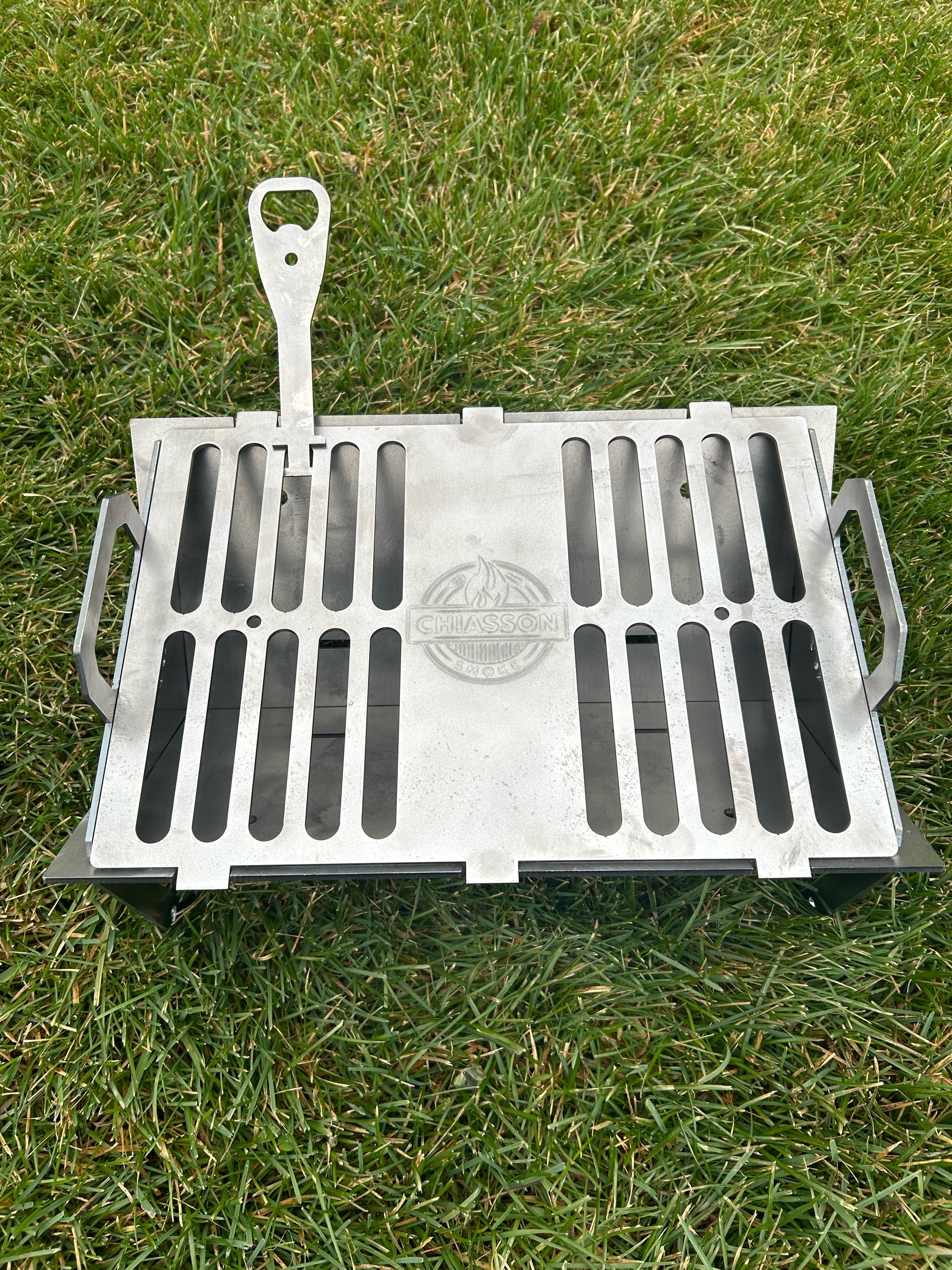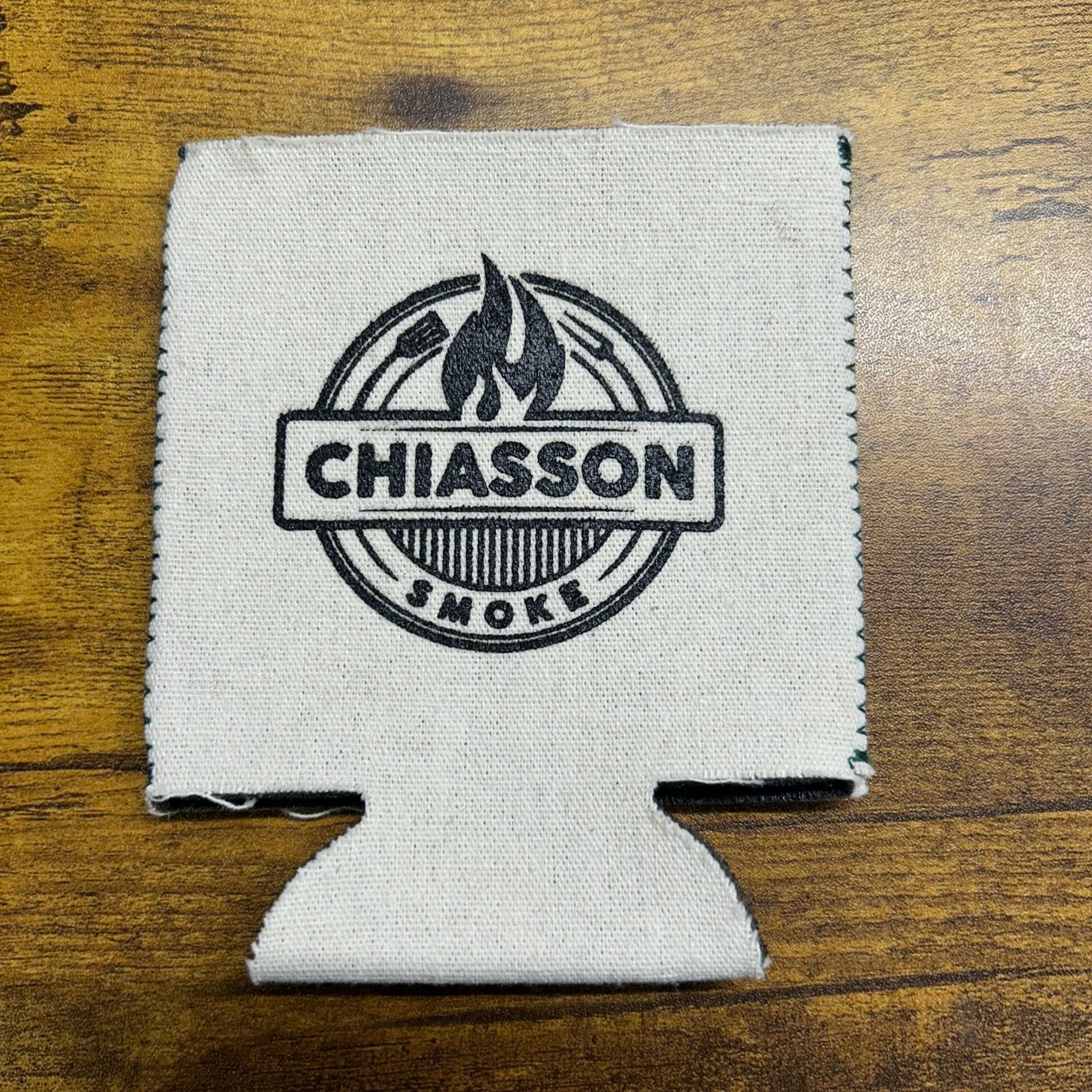Essential Tools for Every Pitmaster
Barbecue is more than just cooking meat—it's a way of life. Whether you're slow-smoking ribs, grilling burgers, or searing steaks, every pitmaster needs the right tools to make their food mouthwatering and perfect. But with so many gadgets out there, which ones are actually worth your time?
In this guide, we're going to break it down, keep it fun, and show you all the must-have tools for backyard BBQ legends. From fire starters to flavor boosters, here’s everything a true pitmaster needs.
The Backbone: Your Grill or Smoker
Before you dive into tools, you need your main gear: the grill or smoker. This is your battlefield. There are many kinds, but here are the big ones:
Charcoal Grill
Old-school and smoky. These grills give amazing flavor and control, but you’ve gotta know your fire.
Gas Grill
Fast and easy to use. Not as much smoky flavor, but super convenient for weekday grilling.
Pellet Smoker
Wood pellets, electric parts, and smart features. These things are flavor machines and nearly foolproof. We know you’re a pitmaster, but pellet smokers are quite user-friendly as far as smokers go, even for beginners.
Offset Smoker
The real deal. Uses wood or charcoal, and gives you serious bragging rights. They’re a little more complicated than other smokers, and they take patience… But the results? Worth it.
The Blazing Fire: Fuel and Starters
You can't grill without fire, and good fire starts with good fuel.
Lump Charcoal or Briquettes
Lump burns hotter and cleaner. Briquettes burn longer and more evenly. Both work—it just depends on your style.
Wood Chunks or Chips
Hickory, applewood, mesquite—each adds different smoke flavors. Use them in smokers or toss some on a charcoal grill for a flavor boost.
Charcoal Chimney Starter
Forget lighter fluid. A charcoal chimney starter gets your coals hot quickly and without that gross chemical smell. Just add newspaper or fire starter, light it, and wait for the coals to glow.
If you’re new to charcoal chimney starters, we have a full writeup on how to use them.
Tools to Handle the Heat
Every pitmaster needs the right gear to flip, grab, and move meat without setting their eyebrows on fire.
Long-Handled Tongs
Strong, sturdy, and long enough to keep you safe. Get ones with a good grip and avoid the cheap bendy ones.
Spatula
Perfect for flipping burgers and delicate fish. Bonus if it has a bottle opener on the handle. (Hydration matters.)
Grill Brush or Scraper
Clean grills mean better food. Use a brush before and after cooking. Wire brushes are common, but make sure no bristles fall off—those can be dangerous. Scraper-style tools are a great no-bristle option.
Keeping An Eye On Things
Guessing is for rookies. The pros use thermometers.
Instant-Read Thermometer
Stick it in the meat, get a quick read. No more cutting to check and letting all the juices run out.
Leave-In Probe Thermometer
Set it and forget it. The probe stays in the meat while it cooks, and the monitor tells you when it hits the perfect temp.
Know your numbers: 165°F for chicken, 145°F for pork, 135°F for medium-rare beef.
The Pitmaster’s Armor: Gloves and Gear
You’re dealing with fire. Be smart and suit up.
Heat-Resistant Gloves
Way better than oven mitts. These let you move hot grates, foil-wrapped brisket, or cast iron pans without flinching.
Apron
Not just for style (though, style counts). Aprons protect you from grease splatter and ash. Bonus points for pockets and hooks.
Meat Claws
Shred pork like a beast. These claws make pulling pork quick and fun. Plus, you feel like Wolverine.
The Flavor Bombs
Cooking is only part of the job. Making your food taste amazing? That’s where these tools shine.
Meat Injector
Looks like a big syringe. Use it to shoot flavor inside big cuts of meat—great for brisket, turkey, or pork shoulder.
Basting Mop or Brush
Keep things juicy by adding sauce or marinade while the meat cooks. Mops are best for big jobs, brushes for small ones.
Spice Rub Shaker
Mix your signature rub, pour it into a shaker, and coat your meat evenly. Pro tip: rub it in with gloves to keep it even and mess-free.
The Clean Up
Good BBQ means cleaning up afterward. Do it right, and it won’t be a chore.
Ash Tool or Scoop
Get rid of used charcoal or ash without mess. Essential for charcoal or wood smokers.
Spray Bottle
Fill it with vinegar or water to cool hot spots or clean the grill surface.
Final Thoughts
Being a pitmaster isn’t about having every tool on the planet—it’s about using the right ones well. Start with the basics: fire, fuel, tongs, and a good thermometer. As you level up, add gear that fits your style and flavor goals.
And don’t forget– if you want to add more excitement to your world as a BBQ enthusiast, you absolutely must add a rocket stove to your tool belt too!
Barbecue is an adventure. Some days the fire’s just right, the meat falls apart, and your friends ask for seconds. Other days, things get a little charred. But with the right tools and a bit of practice, every pitmaster gets better with each cook.
Now fire it up, throw on your apron, and make the neighborhood smell amazing. You’ve got the tools. Time to make some magic.













